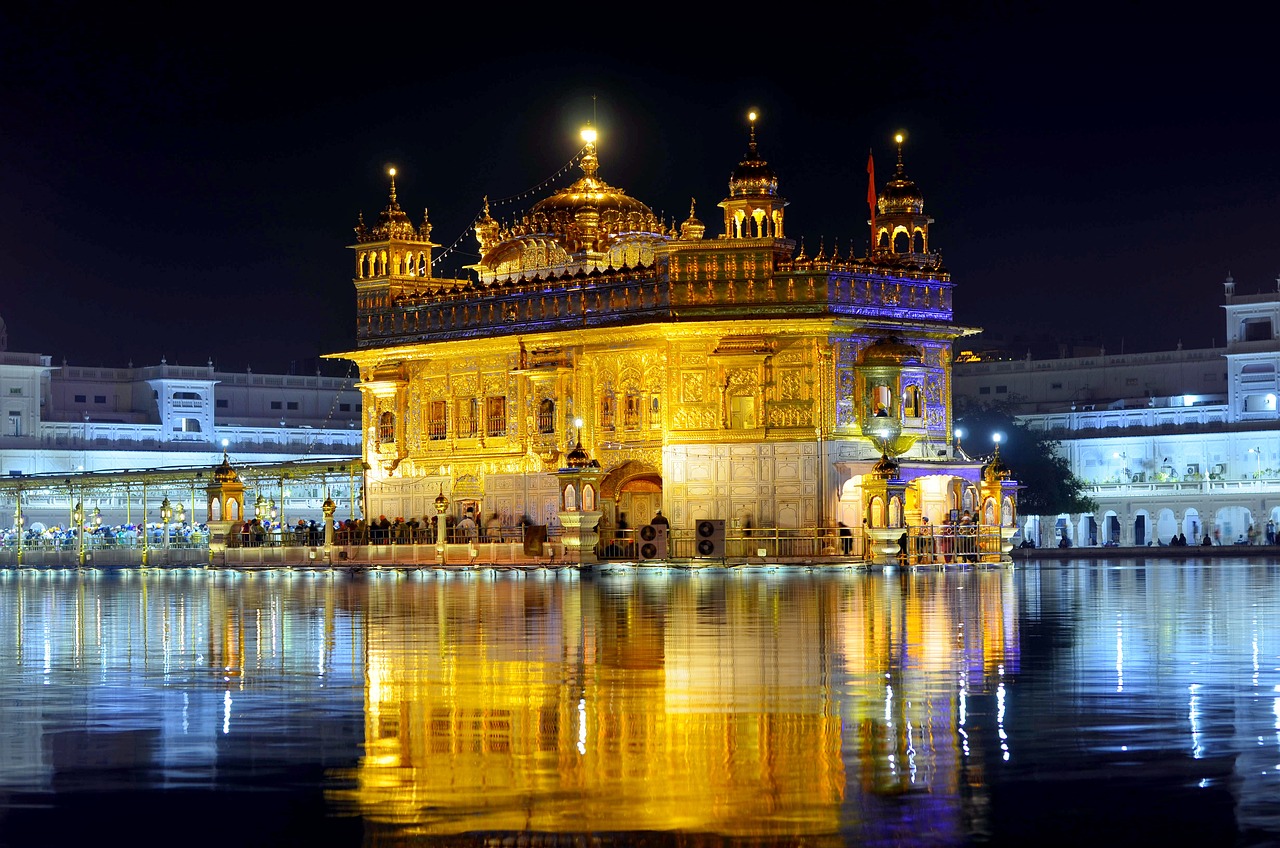Vaisakhi/Baisakhi is the festival of spring harvest celebrated in the Punjab region on the 13th of April every year.
It marks the beginning of the New Year and also the foundation day of the Khalsa Panth (the martial/military wing of Sikhism). This festival has great significance for the Sikhs as the 10th Guru of Sikhs, Shri Guru Gobind Singh ji, laid down the foundation of the Khalsa Panth, also known as the Pure Ones, to give a unique identity to his followers. He gave ‘Amrit’ to the disciples to designate them as warriors.
The Sikh community located anywhere in the world celebrates Baisakhi by participating in a special prayer meet followed by a Baisakhi procession.
In the villages of Punjab and Haryana, the day of Baisakhi is full of colors and vibrancy. Cries of
“Jatta aayi Baisakhi” resonate in the skies as gaily dressed men and women move towards the fields to celebrate the occasion.
The Baisakhi mela or the Baisakhi fair is the main event associated with this festival in Punjab.
People participate in these fairs with lot of enthusiasm and charm. Major attractions of Baisakhi fairs are the Bhangra and Gidda performances.

Bihu
Biju/Bihu Festival is celebrated in the states of Assam, Meghalaya, and Tripura every year on 13 April to mark the New Year celebrations. In Tripura, it is celebrated by the Chakma community.

This festival is celebrated over 3 days. The first day is called Phool Biju and is observed by offering floral tributes to the nearby rivers. Houses are specially cleaned and decorated with flowers. The next day, Mul Bizhu, is a time for socialising by visiting each other in their village, participating in traditional games, and cooking special curries and sweets for the day. The day ends with a performance of the Bizhu dance. The last day, Gojjepojje din, is set aside for the
performance of various religious and social activities.

